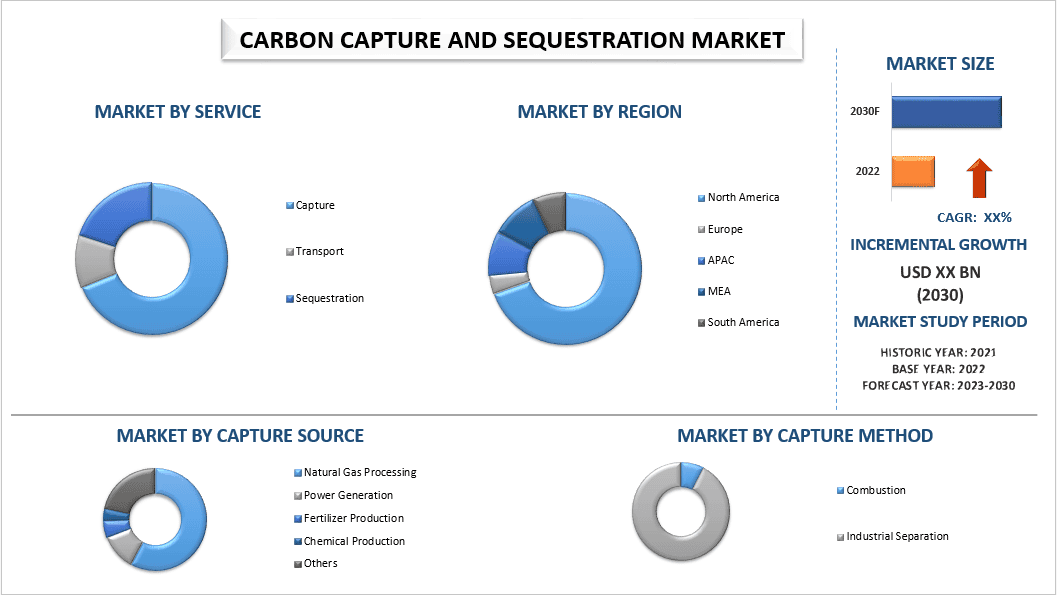Early Investment is the Ultimate Financial Advantage
Another of the most potent yet overlooked tools in financial planning is timing. If you're looking to build long-term wealth, the sooner you start investing, the greater chances of achieving financial success. James Rothschild While it's tempting to delay investing till you've paid down debt or earned a larger income, or "know that you know more" it's the reality that starting early - even with small amounts of money can make a major difference due to the effect of compounding. In this article, we'll examine how investing early helps build wealth over time. This is done using real-world examples, data, and practical strategies to enable you to start investing today.
the Principle of Compounding
The fundamental concept of early investing lies a simple but powerful mathematical concept: compound interest. Compounding means that your investments will not only earn returns, but those returns also start to produce returns of their own. In time this effect of snowballs can transform modest investments into substantial wealth.
Let's look at this through a simple example:
Imagine you are able to invest $200 per month from the age of 25 in a bank account that pays an average per year return of 8%.
When you reach the age of 65, your investment will increase to more than $622,000 while your total contribution would be $96,000.
Imagine that you waited until you turned 35 before beginning investing that $200 every month.
At the age of 65, your savings would be just $274,000--less than half the amount you'd earn if you started 10 years earlier.
Takeaway: Time multiplies money. The earlier you start and the earlier you begin, the more powerful compounding occurs.
Timing in the Market vs. Timing the Market
Many people are concerned regarding "timing an market"--trying to buy low and then sell it high. Research consistently proves that the amount of time you invest within the marketplace is more important than having a perfect timing. Being early allows you to have more years of market experience so that your investments can weather short-term volatility and benefit from the long-term trends in growth.
Be aware that even if you make a decision to invest just prior to an economic slump, your quick starting gives you an benefit of time to recover and growth. A delay based on fear of market conditions will put you further behind.
Dollar-Cost Averaging: Beginners' Best Friend
When you invest a fixed amount of money at regular intervals regardless of market conditions, it's an approach known as dollar-cost averaging (DCA). This helps reduce the chance of investing a large amount too soon and creates a routine of continuous investing.
Early investors can take advantage of DCA by contributing small amounts frequently, like the pay of a month. Over time, these small contribution amounts can be significant.
The Opportunity Cost of Waiting
Every year you delay investing by a year, you're losing out on the cash you could have invested--you're missing from the compounding effect of the money.
For example, investing $5,000 at the age 20 at a rate of the annual rate of 8% will turn into more than $117,000 at the age of 65.
Should you hold off until age 30 before investing that $5,000, it grows to only $54,000 at age 65.
A delay of 10+ years can cost you more than $60,000.
This is why early investing isn't simply a smart move, it's the most important option for establishing wealth.
When you invest young, you take on more (Calculated) Risikens
Younger people are more likely to recover from market slumps. This makes it possible to invest in more aggressive ways like stocks, which provide higher potential returns over longer periods of time than savings or bonds.
As you age and move closer to retirement, you may gradually move your portfolio towards safer investments. However, early on is your chance to grow your wealth with riskier strategy, which is also higher return.
Being early allows you financial flexibility. You can afford to make a blunder or two but learn from it but still get ahead.
The psychological benefits of beginning Early
Early start-ups build more than just financial capital, it builds faith and discipline.
When you get into the habit and habit of investing into your 20s and 30s, you will:
Learn the ups and downs and downs of market.
Learn to be more financially educated.
Get peace of mind watching your wealth grow.
Don't be anxious about being caught up later on in life.
You also free up your later years to enjoy life, not rushing around to save.
Real-Life Example: Sarah vs. Mike
Let's compare two fictional investors in order to make the fact.
Sarah starts investing $300 per month from age 22, and ends it at 32 - just ten years of investing. She never adds another dollar.
Mike stays until age 32 and invests $300 per month until age 65. He has a total age of 33 years.
At 8% average return:
Sarah's investment: $36,000 grows into $579,000 by age 65.
Mike's investment: $118,800 grew by $533,000 at the age of 65.
Sarah did not contribute a quarter as much money but resulted in more wealth simply due to her early start.
How to Get Investing Earlier: Step-by-Step
If you're sure it's the right time to start, here's the beginner-friendly guide to getting started on the right foot with early investment:
1. Begin with A Budget
Decide how much money you'll be able to comfortably spend each month. A minimum of $50-$100 can be a good start.
2. Set Financial Goals
Are you saving for retirement? A home? Financial freedom? A clear set of goals can guide your approach.
3. Open an Investment Account
Start with an IRA, Roth IRA, or a taxable brokerage account. Some platforms don't have minimums and offer automated investing.
4. Choose low-cost index funds or ETFs
Instead of focusing on specific stocks invest in funds with diversification that mimic the market. They are low-cost and offer excellent long-term returns.
5. Automate Your Investments
Set up monthly recurring contributions to ensure you're consistent. Automation helps you avoid the temptation to predict the market's direction or not investing.
6. Get Rid of High Fees
Choose accounts and investments with low ratios of expense. Costs of high fees can reduce your returns significantly over time.
7. Stay the Course
A long-term investment is a game. Do not pay attention to market rumors and concentrate on your long-term objectives.
Common Excuses, and Why They're a Cost
There are many reasons why people aren't investing enough, and the reasons why delays can cost you:
"I'll begin when I earn more."
Even small amounts of money add up over time. Waiting just means less time for growth.
"I have debt."
If the interest rate you pay on debt is lower than your anticipated return on investment it is usually a good idea to pay down debt and invest.
"I don't have enough knowledge."
It's not necessary the qualifications of a financial expert. Start with index funds, and learn as you go.
"The market's to risky."
The longer the timeframe for your investment and the longer you have to endure the ups and downs.
The Long-Term Perspective Generational Wealth
It's not just about the individual. It could also have a ripple effect on your family members for generations.
Financially solid foundations early gives you the opportunity to:
Buy a home.
Spend money on your children's education.
Retire comfortably.
Leave a financial legacy.
The earlier you begin making your initial steps, the more money you're able offer and the more financially stable you become.
Final Thoughts
Investments in early stages are the nearest to a financial superpower that almost everyone has access. There is no need for a six-figure income and a finance education or an optimum timing to achieve wealth. You only need time dedication, consistency, and discipline.
If you begin early -- even with smaller amounts, you're giving your cash the time it needs to build into something significant. The most common mistake isn't picking the wrong fund or missing out on a great stock -- it's not starting at the right time.
Start today. The future you will thank you.




